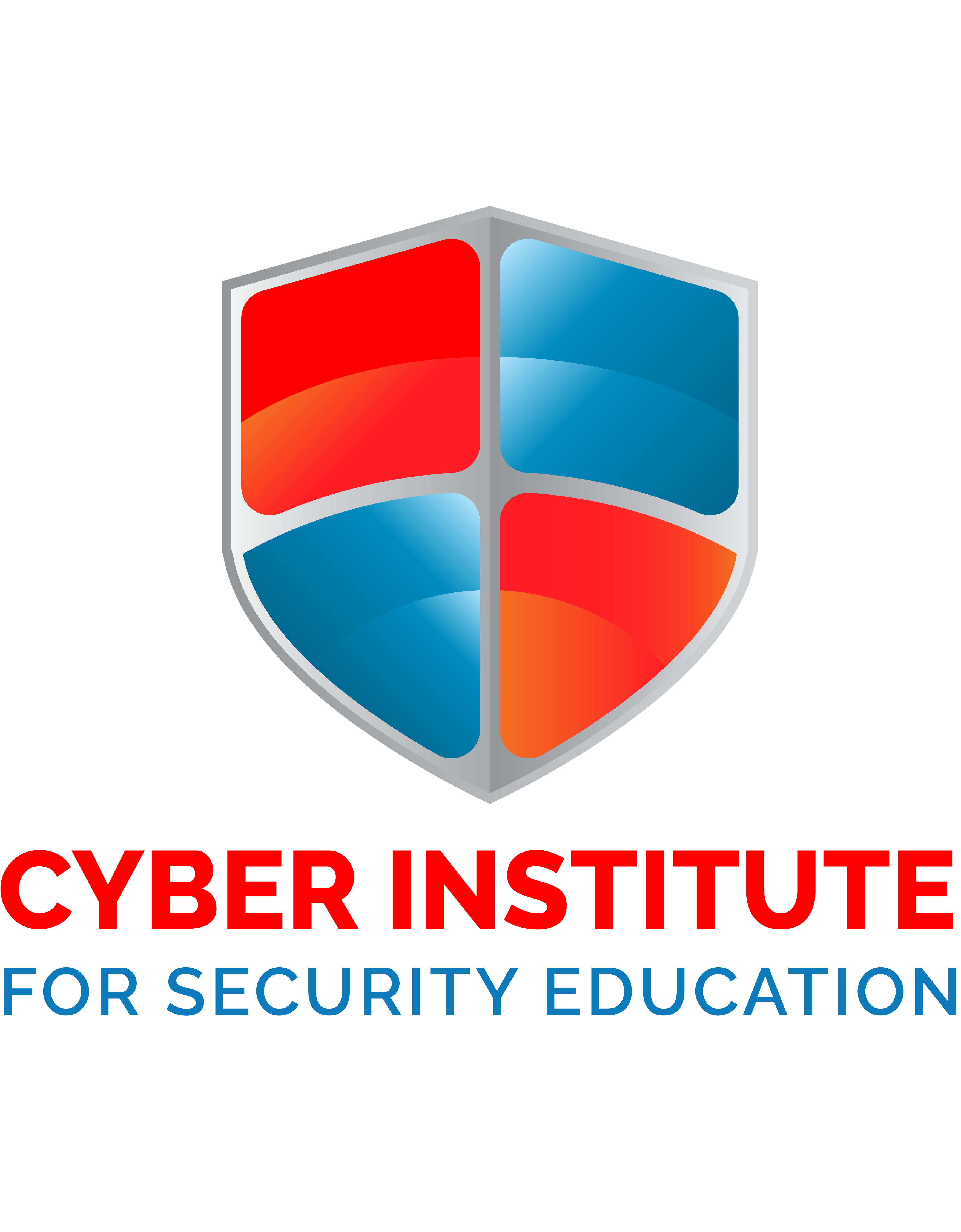
TRAIN FOR NEXT GENERATION
Docker Certification Course
Docker has revolutionized software development by encapsulating applications and dependencies, simplifying the entire lifecycle from building to deployment. This abstraction liberates developers from infrastructure concerns, allowing them to concentrate solely on coding. A crucial benefit of Docker lies in its ability to ensure consistency and reliability across various environments.
Moreover, Docker empowers organizations to embrace modern software architecture patterns such as microservices and serverless computing. By breaking down monolithic applications into smaller, modular components within separate containers, Docker enables greater scalability, flexibility, and maintainability.
In essence, Docker’s impact extends far beyond mere simplification; it’s a catalyst for innovation within the software development landscape. Its seamless encapsulation of applications and dependencies not only streamlines processes but also fosters a culture of agility and efficiency, enabling organizations to thrive in today’s fast-paced digital ecosystem.
what is the CISE Academy Docker Certification Course?
____________________
The certification offered by CISE Academy signifies mastery in crafting and executing robust container solutions tailored for scalability, security, and reliability. It confirms expertise in devising, deploying, and fine-tuning container technologies and applications to effectively meet organizational needs.
To earn this certification, candidates must demonstrate proficiency in a series of exams covering essential aspects of containerization. These assessments evaluate skills in planning and implementing container environments, configuring container networking, overseeing containerized applications, and ensuring ongoing maintenance and optimization.
Certified individuals from CISE Academy excel in orchestrating container environments, implementing rigorous security protocols, and optimizing performance for seamless operations. Their competencies extend to managing intricate container infrastructures, efficiently resolving issues, and adhering to industry standards to maintain the integrity and functionality of environments.

Additionally, individuals holding Docker Certification possess the skills to navigate evolving technological landscapes with ease. They continuously update their knowledge on the latest Docker advancements and methodologies, enabling them to effectively tackle emerging challenges and optimize container performance.
Moreover, Docker Certification holders excel not only in technical proficiency but also in communication and collaboration. They adeptly work with diverse teams, including developers, operations personnel, and management, fostering alignment between containerization solutions and organizational objectives.
Key Advantages of Docker Certification Course
____________________
The certification program provides a recognized pathway for individuals seeking to validate their expertise in Docker container technology, demonstrating proficiency in containerization, orchestration, and deployment strategies.
- The certification validates expertise in it technologies, demonstrating competency to potential employers.
- Holding a certification can unlock new career opportunities in roles such as DevOps engineer or cloud architect.
- The certification signifies industry recognition of one's capabilities in building and managing applications with Docker.
- Preparation for Docker certification exams fosters skill development through in-depth study and hands-on practice.
- Docker certification programs provide access to a community of certified professionals, facilitating valuable networking opportunities.
- Basic understanding of security best practices for devices, data, and networks
Docker Certification Course Information
____________________
Module 01: Introduction
Module 02: Docker Images
Module 03:Docker Containers
Module 04: Docker Compose
Module 05: Docker Swarm (or Kubernetes)
Module 06: Docker Security
Module 07: Monitoring and Logging
Module 08: Docker Networking
Module 09: CI/CD with Docker
Module 10: Troubleshooting and Debugging
DevOps Engineers
System Administrators
Software Developers
Cloud Architects
Site Reliability Engineers (SREs)
IT Operations professionals
Containerization Specialists
IT Managers
Technology Enthusiasts
Graduates and Students
1-Docker certification programs now reflect the latest advancements, ensuring professionals stay up-to-date.
2-Practical focus equips professionals with hands-on skills for real-world Docker challenges.
3-Integration with additional tools offers a holistic understanding of the Docker ecosystem.
Validation of Docker Skills
Industry Recognition
Career Opportunities
Increased Earning Potential
Comprehensive Curriculum
Hands-On Experience
Continuous Learning
Flexibility
Industry and Government Recognition
Hands-On Learning
Docker Certification Course FAQs
What is Docker certification?
The certification is a credential awarded to individuals who demonstrate proficiency in Docker technologies through successful completion of certification exams.
Why should I get Docker certified?
The certification validates your expertise in Docker, enhancing your credibility and opening up new career opportunities in the rapidly growing field of containerization.
What are the prerequisites for Docker certification?
Prerequisites vary depending on the specific the certification track. However, having a basic understanding of Linux, command-line interface (CLI) usage, and containerization concepts is typically recommended.
How do I prepare for Docker certification exams?
Preparation for the certification exams often involves studying official its documentation, taking training courses, and gaining hands-on experience with Docker tools and concepts through practice labs or real-world projects.
What topics are covered in Docker certification exams?
The certification exams cover a range of topics, including its fundamentals, container management, networking, security, orchestration, and deployment strategies.
Copyright © 2024 CISE Academy